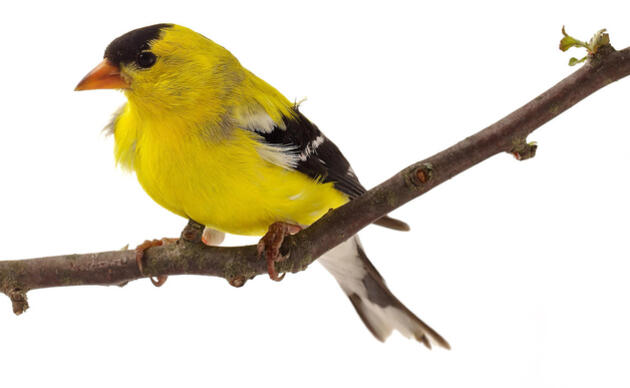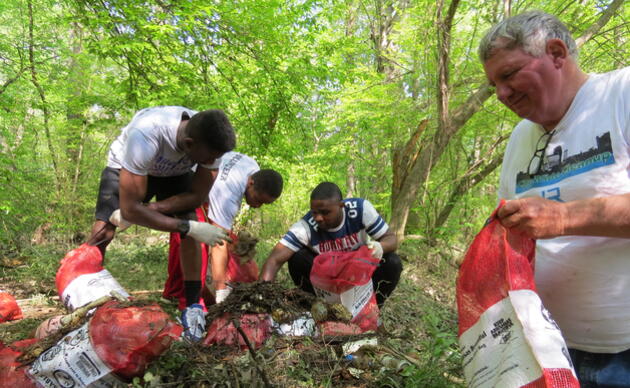LITTLE ROCK, Ark. (Dec. 29, 2017) – Audubon Arkansas received a $37,000 ecological grant from its neighbor 3M plant for improvements to Gillam Park in Little Rock’s historic Granite Mountain neighborhood. Audubon will use these funds to provide an improved, self-guided outdoor learning experience for park visitors as well as to enhance its K-6 education offerings. These improvements will allow Audubon Arkansas to offer school field trips and summer day camp opportunities to the community, emphasizing the use of STEM tools and concepts.
“We are thrilled to offer improved STEM-centered amenities and enhanced hiking experiences to our visitors at Gillam Park,” said Brett Kincaid, vice president and executive director of Audubon Arkansas. “Thanks to the community partnership we have found with 3M, our organization will be able to incorporate the disciplines of science, technology, engineering and math into a park already so rich in history and environmental diversity.”
Gillam Park is comprised of 480-acres in the Granite Mountain community of Little Rock, built originally during times of segregation as an African American recreational space. Its degree of biodiversity is unique in an urban setting, making it a prime opportunity for both historical and ecological education. In tandem with its STEM programming, Audubon Arkansas will use its new STEM tools to engage youth, families and the wider public in Little Rock history and Central Arkansas habitats.
“Partnering with Audubon Arkansas was an easy decision,” said Richard Wates, 3M plant manager. “They have done incredible work in our community to not only conserve and restore natural ecosystems in the Natural State, but also to teach others why it is so important to do so. We are proud to help them advance their missions in education.”
About Audubon Arkansas
Audubon Arkansas was established in 2000 as a state office of the National Audubon Society. Since then, the organization has evolved into a staff of eight and an approximate budget of almost $1 million per year. Through environmental education, resource management, habitat restoration, bird conservation and enlightened advocacy, Audubon Arkansas’s mission is to conserve and restore natural ecosystems, focusing on birds, other wildlife, and their habitats for the benefit of humanity and the earth’s biological diversity.
-30-



